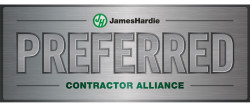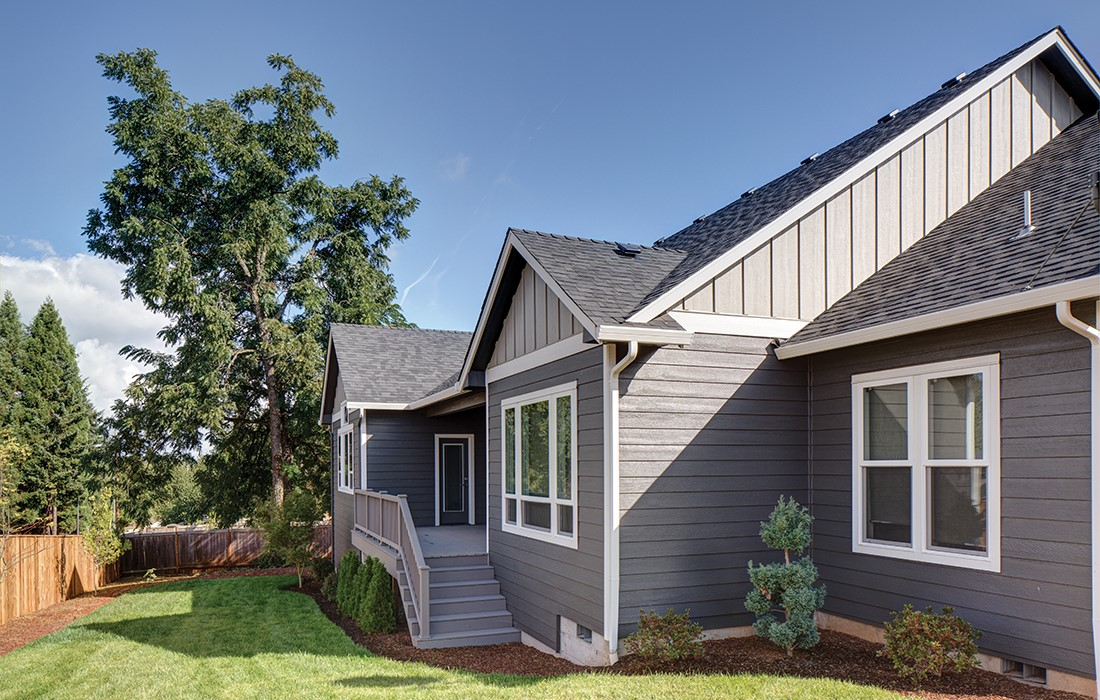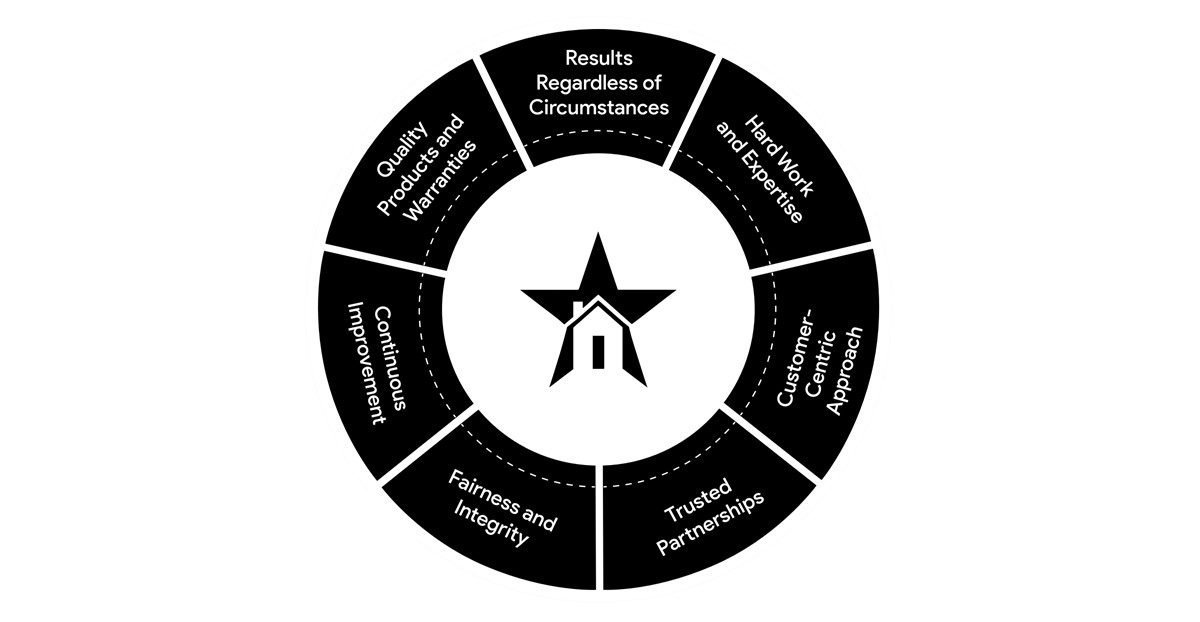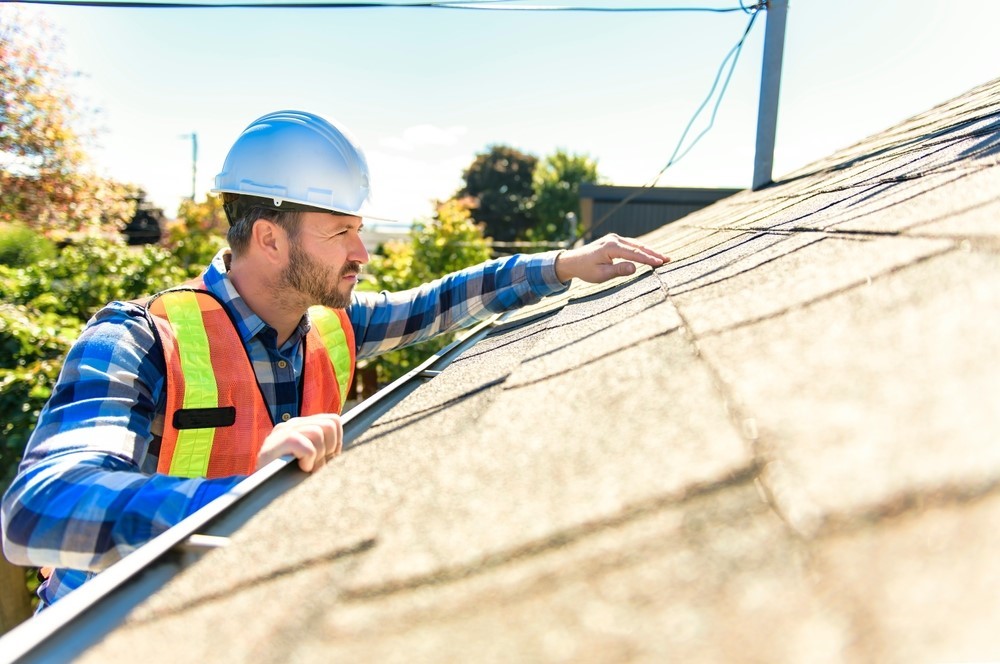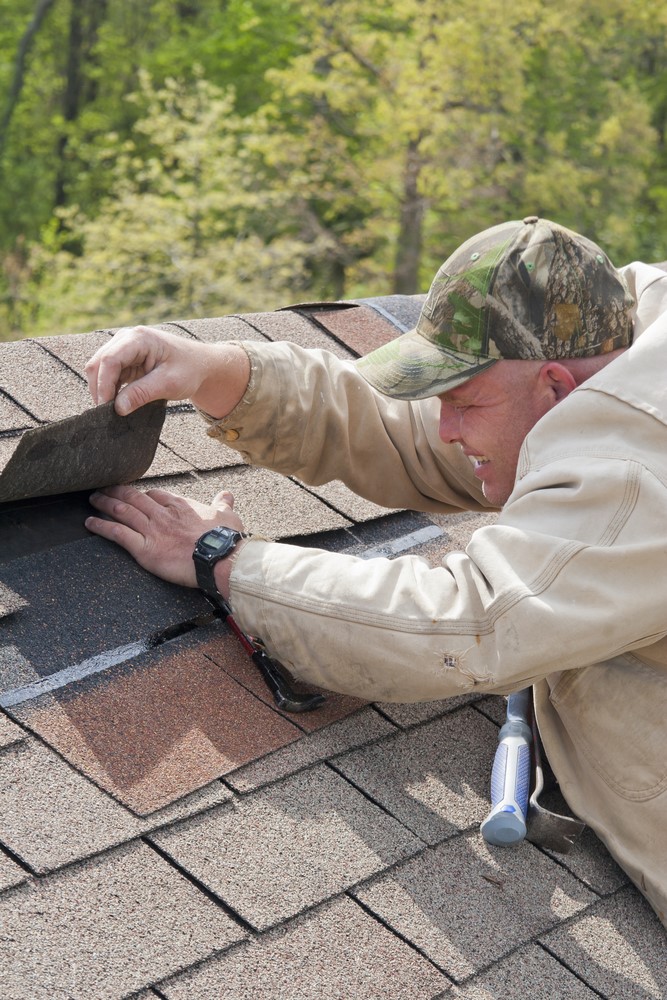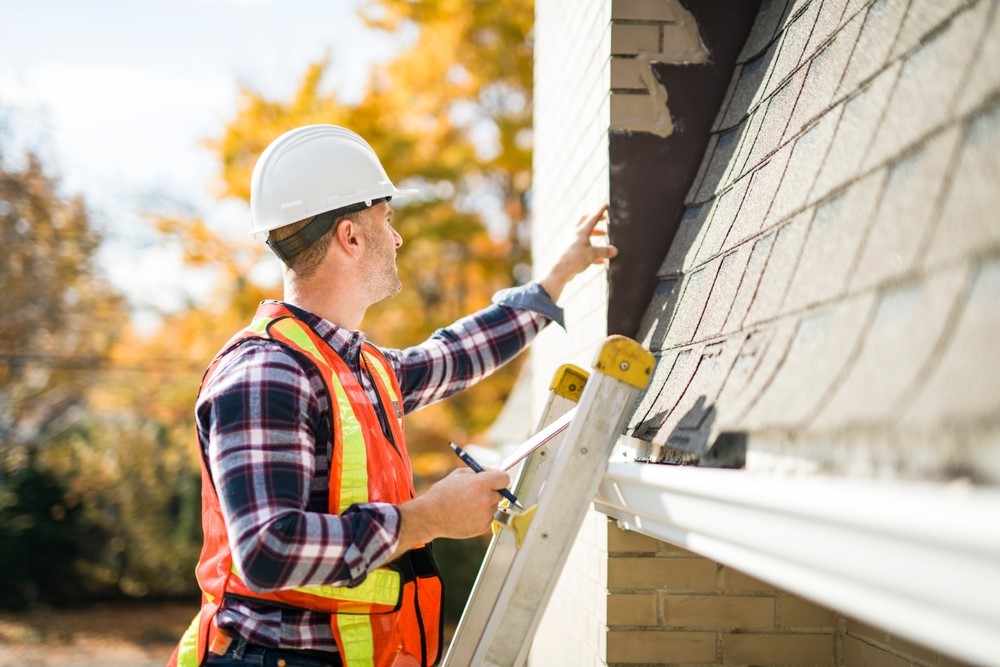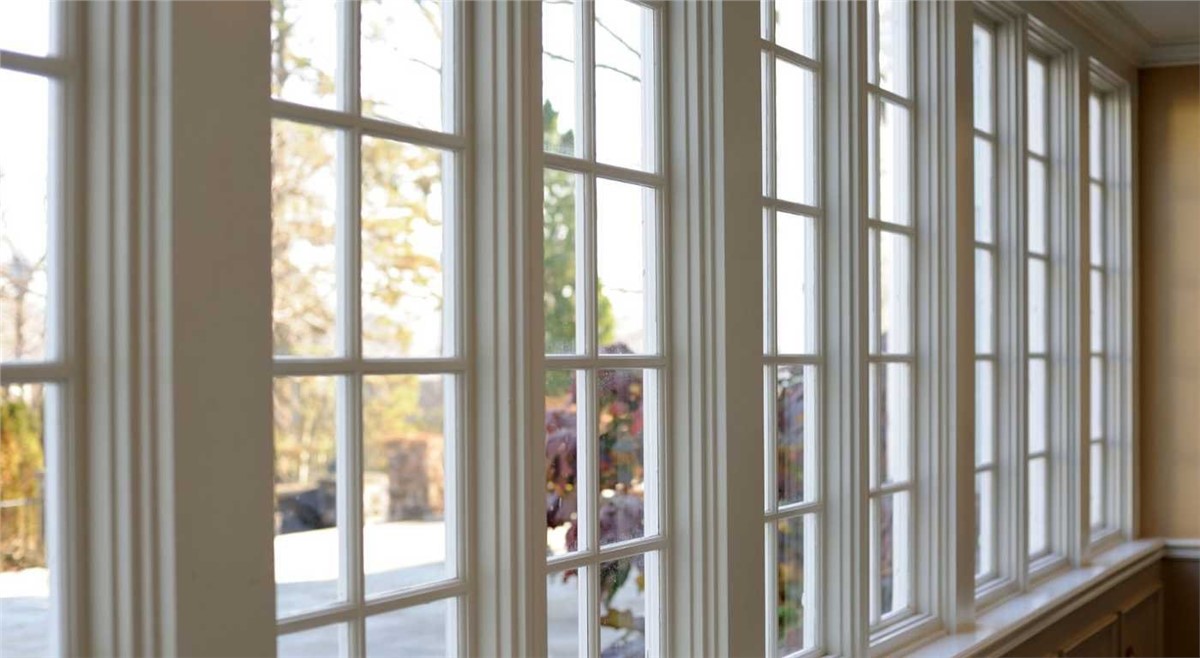
Discover the benefits of energy-efficient windows for your home. Save money on energy bills while reducing your environmental impact. Energy-efficient windows play a crucial role in creating a comfortable and sustainable home environment. Not only do they enhance the aesthetics of your property, but they also provide numerous benefits that can save you money and contribute to a greener future. In this blog post, we will explore the advantages of energy-efficient windows, their impact on energy consumption, and how they promote sustainability.
Benefits of Energy-Efficient Windows
Reduced Energy Consumption: Energy-efficient windows are designed with advanced technology that minimizes heat transfer. They provide better insulation, reducing the need for excessive heating or cooling. As a result, your energy consumption decreases, leading to lower utility bills.
Improved Comfort: Energy-efficient windows help maintain a consistent indoor temperature by preventing drafts and heat loss. They also minimize the entry of outside noise, creating a quieter and more comfortable living space.
UV Protection: High-quality energy-efficient windows are equipped with special coatings that block harmful ultraviolet (UV) rays. This protects your furniture, flooring, and artwork from fading or discoloration caused by prolonged sun exposure.
Condensation Reduction: Energy-efficient windows are designed to minimize condensation, reducing the risk of mold and mildew growth. This contributes to a healthier indoor environment and helps preserve the structural integrity of your home.
Environmental Impact: By reducing energy consumption, energy-efficient windows help lower greenhouse gas emissions. They contribute to a more sustainable future by conserving natural resources and mitigating the negative effects of climate change.
How Energy-Efficient Windows Work
Energy-efficient windows utilize innovative features to enhance their performance. These features include:
Double or Triple Glazing: Energy-efficient windows feature multiple layers of glass with air or gas-filled spaces between them. This design improves insulation and reduces heat transfer.
Low-E Coatings: Low-emissivity (low-E) coatings are applied to the glass surface, reflecting heat back into the room during winter and blocking it during summer. This helps maintain a comfortable indoor temperature year-round.
Insulated Frames: Energy-efficient windows often come with insulated frames made of materials such as vinyl, fiberglass, or wood. These frames provide additional thermal resistance and minimize heat loss.
Weatherstripping and Sealing: Proper weatherstripping and sealing ensure a tight seal around the window, preventing drafts and improving energy efficiency.
FAQs
Q: Are energy-efficient windows more expensive?
A: While the upfront cost of energy-efficient windows may be higher, their long-term savings in energy bills outweigh the initial investment. Additionally, many utility companies offer incentives or rebates for installing energy-efficient windows.
Q: How do I know if a window is energy-efficient?
A: Look for the ENERGY STAR® label, which indicates that the window meets strict energy efficiency guidelines set by the Environmental Protection Agency (EPA). You can also check the window's U-factor and Solar Heat Gain Coefficient (SHGC) ratings.
Q: Can energy-efficient windows reduce outside noise?
A: Yes, energy-efficient windows with multiple glazing layers and proper sealing can significantly reduce outside noise, creating a quieter and more peaceful indoor environment.
Investing in energy-efficient windows is a wise choice for homeowners looking to save money and reduce their environmental impact. By installing energy-efficient windows, you can enjoy lower energy bills, increased comfort, and contribute to a greener future. With advanced features like double or triple glazing, low-E coatings, and insulated frames, these windows provide superior insulation and thermal performance. Additionally, energy-efficient windows offer UV protection, reduce condensation, and help create a healthier indoor environment.
When choosing energy-efficient windows, look for the ENERGY STAR® label and consider the window's U-factor and SHGC ratings. While the initial cost may be higher, the long-term savings in energy bills make them a worthwhile investment. Don't forget to check with your local utility companies for any available incentives or rebates.
Upgrade your home with energy-efficient windows and enjoy the benefits of a more comfortable, cost-effective, and sustainable living space.
Subscribe to RROC Exteriors's Blog


